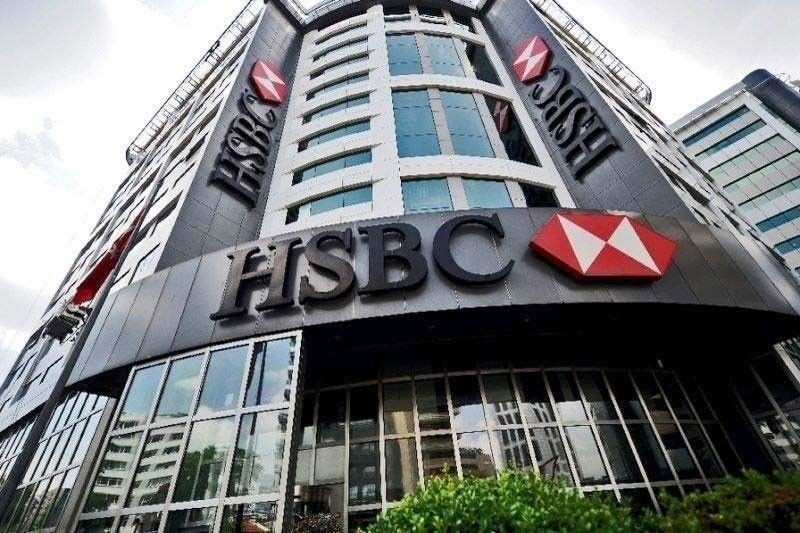HSBC betting on Philippines consumption, mobility, renewables sectors

MANILA, Philippines — HSBC Philippines, a long-standing player in the country’s financial landscape for nearly 150 years, is optimistic about several key sectors driving the Philippine economy in 2025, with focus areas spanning consumption, mobility and renewable energy.
HSBC Philippines president Sandeep Uppal expressed confidence in the bank’s ability to support its clients and contribute to the country’s economic growth amid global uncertainties.
He said it is important to understand clients’ plans for 2025, particularly in the context of international operations and opportunities.
“Our discussions with clients have centered around their strategies for the year. This includes whether they are looking to expand overseas or if multinational corporations, many of which we serve globally, are entering the Philippine market,” Uppal said.
He said that HSBC’s role is to provide clients with the financial support they need, whether facilitating outbound investments, inbound expansions or addressing their trade and cash management requirements.
When asked which sectors he is most optimistic about, Uppal highlighted consumption, mobility and renewable energy as key drivers of growth for the Philippine economy.
“The Philippines is a consumption-led economy. Anything linked with consumption, we see growth there,” he said. “The per capita income increases, the population grows, and while our demographic is young, the median age is rising. As people age, their consumption increases.”
He said there would be opportunities for companies linked to consumption, including domestic and multinational players, as they cater to evolving consumer demands.
Uppal also pointed to mobility as a critical sector, encompassing transportation, logistics and infrastructure.
“The biggest challenge and opportunity in the Philippines is mobility. How do you move people, goods, electricity, water and data? We’re seeing a lot of growth there, we’re seeing a lot more go into transmission and a lot of activity on the waterfront,” he said.
Renewable energy remains a long-term opportunity for the Philippines, with HSBC viewing it as a sector poised for multi-decade growth.
Aris Dacanay, economist for ASEAN at HSBC, said renewable energy has an enormous potential to expand in the Philippines.
“We have so much hydrothermal energy. There is direct government support. And you have billions of pesos just flowing into the Philippines. It’s just a matter of going through those permits and building those renewable energy projects,” he said.
Dacanay also said that the broader ASEAN region, including the Philippines, is well-positioned to benefit from advancements in artificial intelligence (AI).
“AI requires data centers, hard drives and semiconductors. A lot of these sectors will be able to weather the tariff risks ahead, given that AI is an emerging technology,” Dacanay said.
Tourism and services also emerged as promising sectors, with tourism benefiting from a weaker currency that attracts international visitors. Meanwhile, the services sector’s resilience against tariff exposure makes it a magnet for foreign direct investments.
Maria Corazon Purisima, treasurer and head of markets and securities services at HSBC Philippines, also expressed confidence in the ongoing development of the country’s capital markets.
“We are optimistic that progress this year will lead to significantly increased capital inflows, which we strongly welcome from a capital markets perspective. It’s an encouraging development and we’re hopeful about its positive impact,” she said.
- Latest
- Trending


























